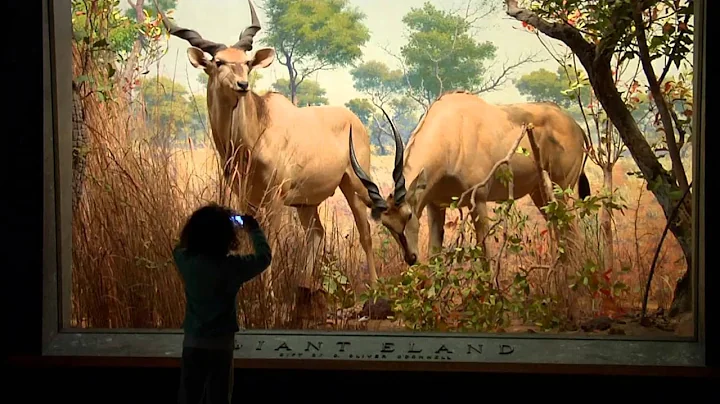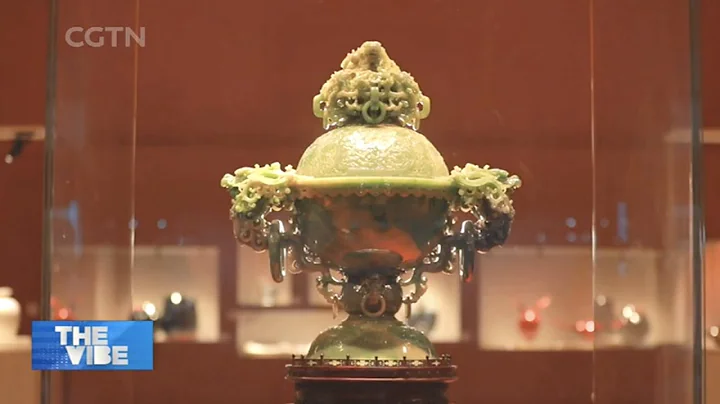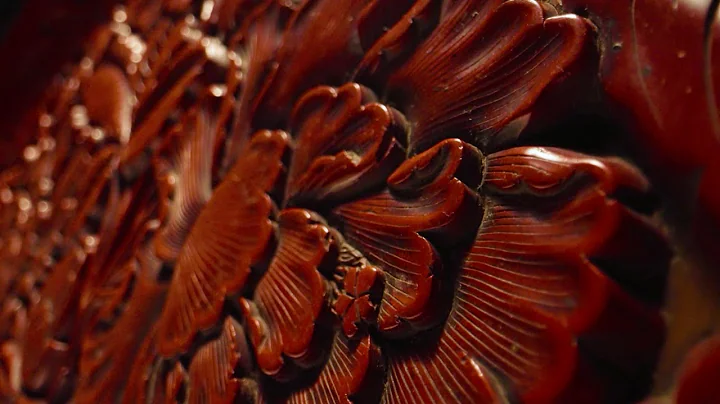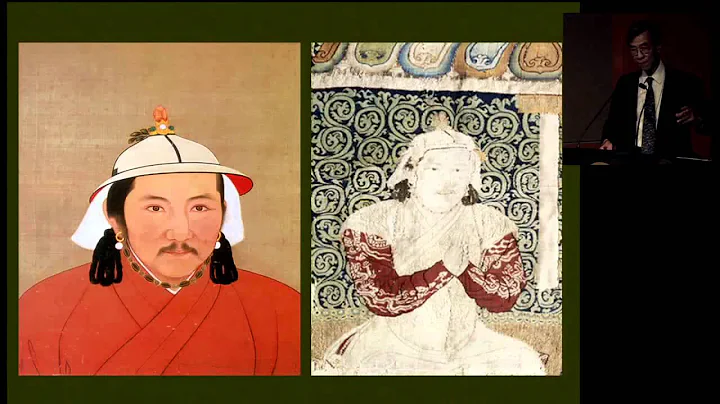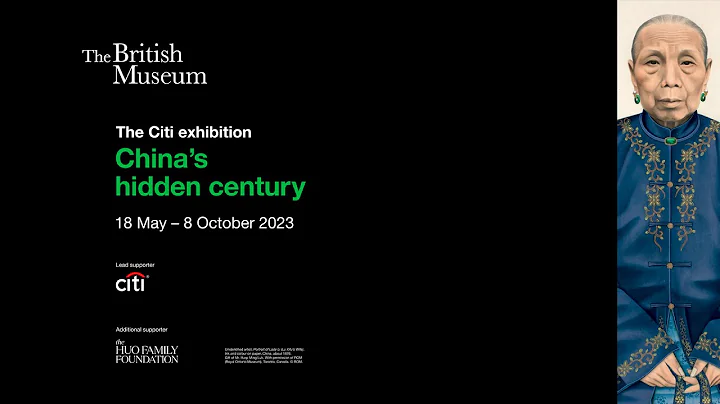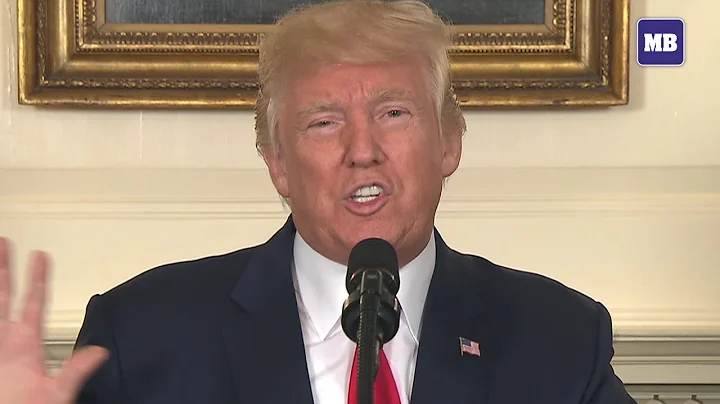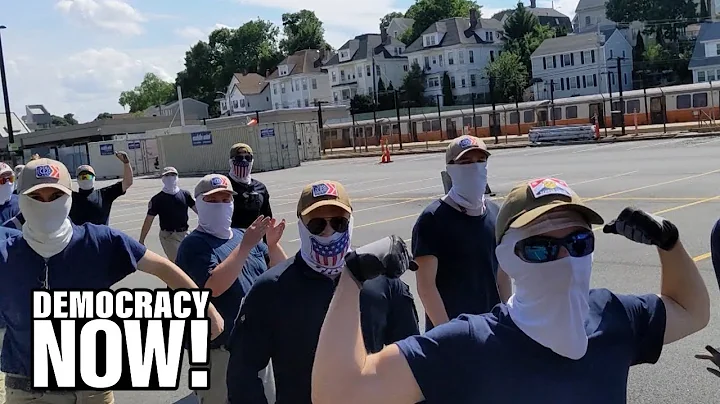htmlOn June 26, the Beiwang Economic Professional Cooperative Village History Museum in Weizhou Road Street, Kuiwen District, Weifang City was officially opened. The village history museum systematically displays the 600-year history of the village in the form of physical objects and pictures, focusing on the great achievements made by the village in recent decades under the leadership of the party and carrying forward the red spirit and fighting spirit. Assisting in government affairs and educating people inspires all villagers to not forget their original aspirations, continue their struggle, and strive for a better life.

According to reports, at the end of the Yuan Dynasty and the beginning of the Ming Dynasty, the Langya Wang clan in Zhucheng moved to Weizhou with their four sons to avoid the war. Zhuang area. With the development of urbanization, Beiwangerzhuang (Beiwang Village) is surrounded by high-rise buildings and has become one of the unique urban villages in the area.
There have been two well-known revolutionary figures in the village. Villager Wang Ying is the wife of Wang Liangen. Wang Liangen, a revolutionary, was born in Ma Shaoye Village, Kuiwen District. He joined the Eighth Detachment of the Eighth Route Army Ludong Anti-Japanese Guerrillas in 1938. He joined the Communist Party of China in September of the same year and later served as deputy director of the General Office of the Central Committee of the Communist Party of China and director of the Political Department.
Another revolutionary figure, Wang Famin, was born in 1928. He joined the army in 1948. During his enlistment, he served as the correspondent for Yang Dezhi, deputy commander of the Chinese People's Volunteer Army. While participating in the Battle to Resist U.S. Aggression and Aid Korea, his legs were gloriously injured and he was rated as a special disabled soldier. After being discharged from the army and returning to his hometown in 1953, he became an ordinary member of the Third Production Team of Beiwang Village without taking any credit or reaching out to the organization. During the preparations for the Beiwang Sugar Factory, Wang Famin applied for various preferential policies from the higher-level government and made outstanding contributions to the economic construction of his hometown.
The ancestors showed up before and inspired the latter. For decades, Beiwang Village has had a strong revolutionary atmosphere, and the trend of joining the army has been prevalent. From the War of Resistance Against Japan and the War of Liberation, to resisting U.S. aggression and aiding Korea, , and defending the country... more than 300 people have joined the army. Three generations of their ancestors and grandchildren have joined the army. There are countless fathers and sons who have joined the army, and brothers who have joined the army one after another.

In recent years, the Party Committee of Beiwang Economic Professional Cooperative has carried forward the red spirit, revolutionary spirit, and fighting spirit, always put party building at the forefront of all work, and led all work with party building.
The village has relied on its strategic location in the city to develop industries such as tea towns, auto parts towns, markets, and street shops, and has strengthened the collective economy. For example, Beiwang Auto Parts City is the largest professional auto parts wholesale market in Jiaodong Peninsula. It has more than 400 merchants and integrates auto parts sales, logistics and distribution. Beiwang Tea City is the largest professional tea wholesale market in Weifang area, with more than 500 households. Beiwang Shangcheng covers an area of more than 20,000 square meters, has more than 100 operating households, and has an annual output value of over 100 million yuan. Beiwang Convenience Market covers an area of 30 acres, with 99 shops, 50 hall stalls, and 50 retail trading houses. Its business scope covers cooked food, fresh food, vegetables, fruits, rice, noodles, grains and oils, etc. It is a must-have for nearby residents. "Big gathering every day".
The path of grassroots collective economy under the guidance of party building has been successfully practiced in Beiwang. Under the leadership of the Party Committee, the collective economic income of Beiwang Economic Professional Cooperative in 2020 was 13.43 million yuan, a year-on-year increase of 10%; the economic income in 2021 exceeded 14.71 million yuan, a year-on-year increase of 9%; currently, the Auto Parts City, Tea City, and Shangcheng Building , living market, Weizhou Paradise and other industries are operating smoothly, and a new pattern of cooperative development has initially taken shape.
The fundamental purpose of development is to benefit people's livelihood. In recent years, cooperatives have continued to increase investment in aspects such as living security, benefiting the masses to a greater extent and improving the happiness index of the people. Every Spring Festival and Elderly Day, the cooperative will pay condolences to elderly residents over 60 years old, and distribute flour, rice, cooking oil and other benefits to shareholders every year; shareholder dividends will increase from 100 yuan in 2017 to 1,000 yuan in 2021. A total of 9 million yuan will be used for shareholder benefits, pensions, dividends, etc. Achieve a steady increase in national income, and benefit thousands of people from development results. "The sick are treated, the elderly are provided for, the weak are supported, no one is unemployed even if they lose land, and everyone has an income." It has become a "happy village" that residents in nearby villages are envious of.

With the continuous improvement of people's material living standards, Beiwang Village actively strives to integrate project funds for the construction and improvement of cultural facilities, build cultural activity venues, and form a gong and drum team, waist drum team, a military drum team, a dance team, and a land boat team. The various cultural and sports teams have enriched the spiritual and cultural life of the people, brought more sense of gain and happiness, and also enhanced the cohesion and centripetal force of the village.
"Born under the red flag and growing in the spring breeze. It is under the correct leadership of the party that we have achieved our current achievements. This village history museum was built to pay tribute to Party Founding Day , and to remember the history and education of Beiwang Young children, let’s create a better tomorrow together.” Wang Shengshu, Secretary and Chairman of the Party Committee of Beiwang Economic Cooperative, said that they started preparations last spring and took more than a year to overcome multiple impacts such as the epidemic and finally completed the village history museum, which is to give full play to the village. The role of the history museum as an educational platform not only serves as a platform to outline rural memories, but also helps party members and the masses to deeply understand the party’s original mission of leading the masses to build a well-off society.
"Although the ancient rural model, village culture, and way of life have undergone tremendous changes, rural China has not ended, because the roots of Chinese tradition are still there, and Chinese civilization will last." Professor of Jinan University , Jinan inheritor of culture Wang Zhong, director of the institute, said that rural revitalization is essentially a spiritual revitalization, cultural revitalization and cohesion revitalization with public participation. People are the key to rural development, and the establishment of the Beiwang Village History Museum is an important link to connect villagers and gather local talents.
